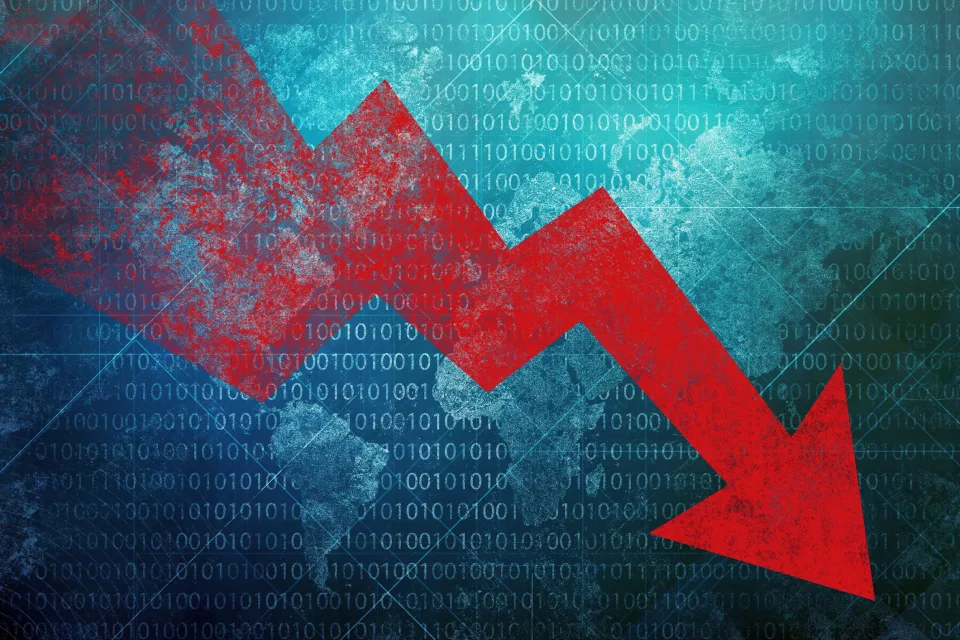
Nvidia hype is a bubble that will burst, stocks will disappoint for the next decade or longer, and a recession will strike this year, Jesse Felder said.
The veteran analyst behind “The Felder Report” made his case on the latest “Thoughtful Money” podcast episode.
He warned the microchip buying frenzy wouldn’t last, the market’s outsize returns would dry up, and the economy might sink into stagflation.
Living in a fantasy
Stocks have surged to record highs this year as investors wager that AI, rate cuts, and steady economic growth will bolster corporate profits.
Felder, who managed money for around two decades before launching his market research firm, cautioned that stocks have become so expensive that their future returns are bound to be underwhelming.
“Prices of financial assets are going to perform a lot worse than they have over the last 10, 15 years,” he said.
Hoping for further outperformance is “extrapolating the unsustainable — it’s the definition of a bubble,” he said.
“That’s exactly what’s going on with the stock prices of Nvidia and Micron,” he continued, warning it can be “extraordinarily painful” to buy high-flying stocks as they can suffer massive crashes.
The semiconductor industry is cyclical, meaning it swings from boom to bust over time, he said. Overexcited AI companies have ordered double or triple the amount of chips they need from suppliers like Nvidia in their rush to secure them, meaning the market will be flooded, he continued.
“Everything goes in the toilet, that’s the history of these companies,” Felder said.
Chipmakers like Nvidia could even swing from explosive growth in revenues and profits to declines, which could mean “some real pain for a lot of these stock prices that have discounted a fantastical future,” Felder said.
The markets guru also called out the recent surge in insiders selling their companies’ stock as a red flag, pointing to Amazon’s Jeff Bezos, Meta’s Mark Zuckerberg, and JPMorgan’s Jamie Dimon as examples.
“This is a very, very dangerous equity environment,” he said.
Economic trouble
Many on Wall Street expect the US economy to escape a recession, inflation and interest rates to drop this year, and unemployment to remain near historic lows.
However, Felder expects “much more of a stagflationary type of a scenario than a soft-landing or even a no-landing scenario.”
The ex-trader and former hedge fund boss said the economy probably wouldn’t be “trashed” like it was during the pandemic or Great Recession.
There’s likely to be more of a “slow burn” than a “real painful dip” in growth, he said. Joblessness might tick higher, and the economy might only shrink in real terms as inflation more than offsets nominal growth, he noted.
Felder pointed to ageing populations in many Western countries, and deglobalization trends like reshoring, as two structural forces that will likely stop inflation from falling too far.
He also cited vast amounts of government spending, the rising cost of servicing the national debt, and the Fed potentially relaxing its 2% inflation target as other inflation drivers.
“It’s overwhelming evidence that inflation’s going to remain elevated relative to recent history,” Felder said.
If he’s right, that’s likely to mean interest rates stay higher for longer, the economy grows slower and might even contract, and assets like stocks perform worse than many experts predict.
























